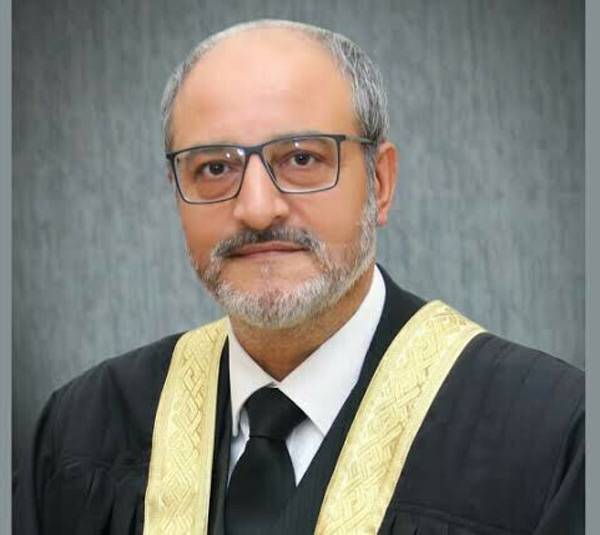ISLAMABAD - Justice Sardar Ejaz Ishaq of the Islamabad High Court (IHC) Friday said that the Intra-Court Appeal (ICA) against a judge’s interim order is not admissible. The judge made the remarks while hearing a suo moto contempt case initiated after removal of Mishal Yousafzai case from the cause list of his court.
Justice Ishaq initiated the contempt proceedings in March after a case related to the Adiala Jail Superintendent’s failure to arrange a meeting between the Pakistan Tehrik-e-Insaf (PTI) founder Imran Khan and his lawyer, Mishal Yousafzai, was removed from the cause list.
During the hearing, the IHC bench expressed its wonder over the division bench’s order halting the contempt proceeding by the IHC. At this, Justice Ishaq said that apparently, the divisional bench exceeded its jurisdiction. He remarked that this order of the division bench is against the authority of a senior fellow judge. He added, “If I accept this overreach of authority, why will the litigants have faith in my court? Tomorrow, why will anyone comply with an order issued by my court.” The judge said that he would proceed with the contempt of court case and would write a judgment. “I will write a decision on whether the chief justice has the authority to withdraw a contempt of court case from a judge,” he added. He termed it an attack on the foundation of the institution. Justice Ishaq Khan questioned the authority of the Chief Justice to reassign cases unilaterally, emphasizing that such actions undermine judicial independence and public trust in the legal system.
He remarked that instead of cancelling the cause list, it would have been better if his court had been destroyed, reflecting his frustration over the perceived disregard for judicial norms.
The Deputy Registrar of the IHC, Sultan Mehmood, appeared before the court to explain the cancellation, stating that the decision was made following instructions from the Chief Justice’s office.
However, Justice Ishaq Khan challenged this explanation, asserting that such a transfer should not occur without the consent of the presiding judge.






